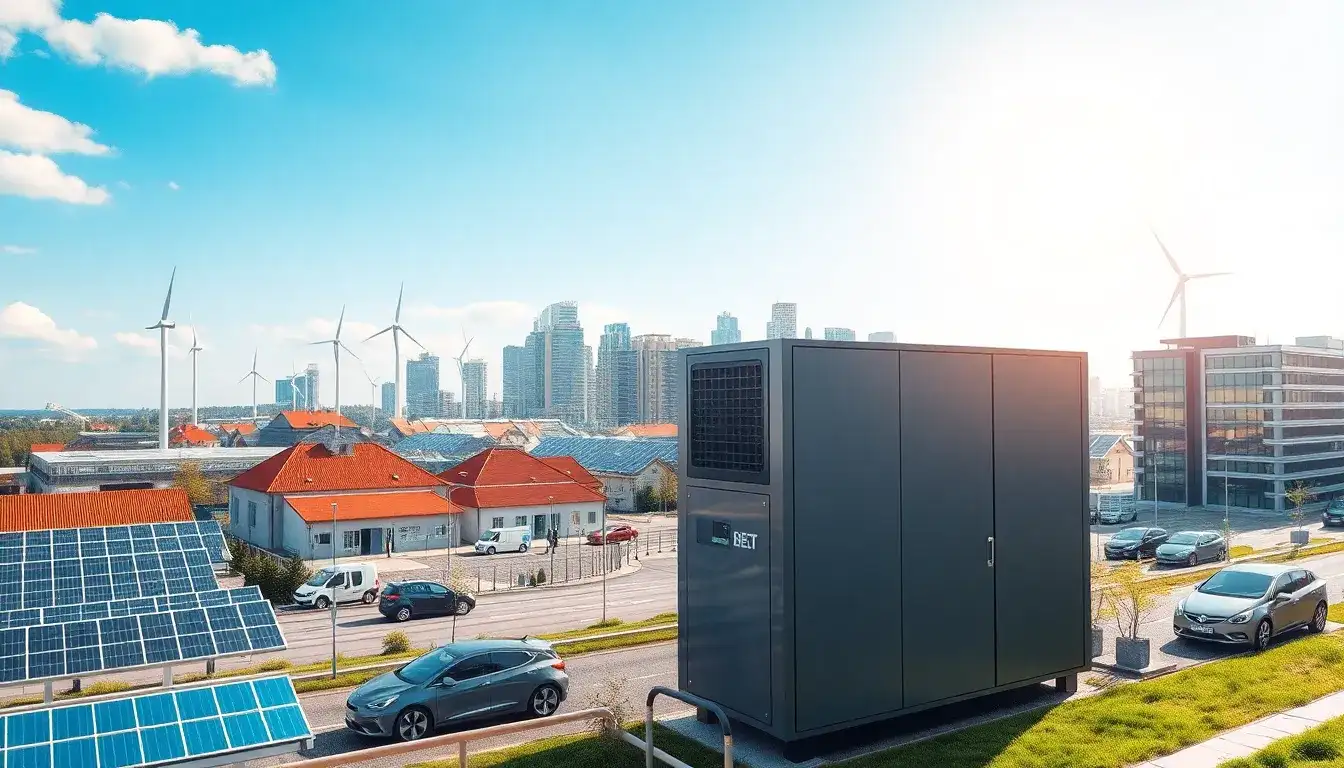Clean Horizon Reports “Crazy” Opportunity in Polish BESS Marketplace
With Poland’s ancillary services market recently opened to battery energy storage systems (BESS), it presents a compelling business opportunity for developers, according to advisory firm Clean Horizon. The Paris-based company released its updated Storage Index on Monday, highlighting the potential for batteries in this Eastern European nation while cautioning that the current attractive economics tied to ancillary services may not last.
Poland: A Hotspot for Utility-Scale BESS in 2025
After the liberalization of the ancillary services market in June 2024, price fluctuations have settled at favorable levels, making Poland an attractive location for utility-scale BESS. The Clean Horizon Index, which includes economic modeling for France, Germany, Spain, and Poland, indicates that revenues from front-of-the-meter installations in Poland are very promising.
The term “ancillary services” refers to essential electricity network stability services, such as frequency regulation. Clean Horizon’s analysis evaluates the provision of these services over three timeframes: one, two, or four hours. The findings reveal a clear pattern of lucrative short-term opportunities across all timeframes in various European markets.
Revenue Potential in Poland
The analysis shows that, by December 2024, annualized revenue for utility-scale storage in Poland ranged from EUR 208,000/MW to EUR 305,000/MW. Michaël Salomon, founder and president of Clean Horizon, remarked, “The numbers for Poland look a bit crazy.” At its peak in mid-2024, annualized returns on ancillary markets in Poland even exceeded EUR 1 million/MW. With capital expenditures under EUR 1 million per megawatt, payback periods could be incredibly short, raising eyebrows in the industry.
Historically reliant on coal, Poland has lagged in adopting utility-scale renewables compared to neighboring countries like Germany. However, a significant shift is underway, and the market is poised for growth. At the 2024 The Smarter E conference, just days after the ancillary services market opened to battery projects, Aleksandra Radwanska from Next Kraftwerke noted that while initial trading prices were “crazy,” the market appeared “very lucrative for energy storage.” The Polish transmission system operator has set a target of 10 GW of utility-scale BESS as a priority, and Poland’s electricity market size surpasses that of Belgium and the Netherlands combined.
The Risk of Rapid Market Saturation
While the outlook for large batteries in Poland appears strong in 2025, Clean Horizon warns that this opportunity may not endure. Utility-scale storage can quickly saturate ancillary services markets, leading to a rapid decrease in opportunities for front-of-the-meter batteries. Salomon explained, “When ancillary services markets open up to storage in a given country, the revenues can be exceptionally high. Energy storage provides a more cost-effective solution for ancillary services, leading to the displacement of traditional assets and a subsequent price drop.”
The situation in the United Kingdom serves as an example of how ancillary service markets can become saturated. As the first country in the region to open these markets to batteries, the UK’s economic prospects for new battery projects in 2025 are bleak. “The numbers don’t add up now for new-build storage projects in the UK,” Salomon noted. However, the scenario differs for distributed battery systems in the UK, where behind-the-meter installations continue to present viable business cases through maximizing solar self-consumption, peak shaving, and arbitrage trading.
The Role of Arbitrage Trading
As renewable energy penetration increases, front-of-the-meter batteries can generate revenue by capitalizing on the variability of wholesale electricity prices. Large batteries can charge during periods of abundant solar or wind generation at low or even negative prices, then discharge when prices surge due to low generation. Nevertheless, arbitrage trading alone is often insufficient for the financial viability of battery storage projects without ancillary services revenues.
The updated Clean Horizon Index indicates that in Germany, where ancillary service prices have fallen, arbitrage opportunities are helping to fill the revenue gap. However, this trend may not be sustainable in the long term. Salomon cautioned, “If you’re planning to build a project at the end of this decade or early next decade, based on the projected price evolutions, securing financing may be very uncertain.”
Looking ahead, Clean Horizon plans to expand its free Index from four to twelve countries by 2025.
Original article by NenPower, If reposted, please credit the source: https://nenpower.com/blog/poland-emerges-as-a-lucrative-market-for-battery-energy-storage-systems-reports-clean-horizon/



